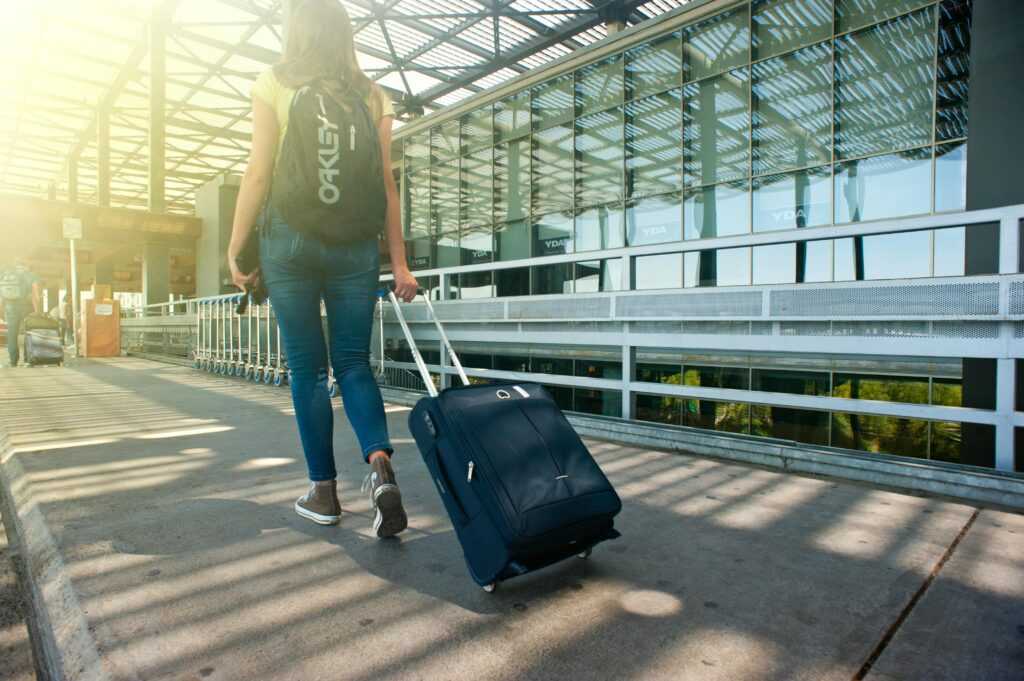Traveling to a new country is an adventure filled with excitement and discovery. But what if I told you that learning just a few basics of the local language can elevate your experience even more? It’s true! Speaking the language, even at a basic level, opens doors to deeper connections, richer interactions, and a greater understanding of the culture.
Imagine ordering your favorite dish in a local restaurant or asking for directions with confidence. These small gestures can lead to unforgettable moments and friendships. Plus, locals often appreciate the effort, making your travels not just enjoyable but truly immersive.
In this article, I’ll explore how picking up a few key phrases can transform your journey and create lasting memories.
Importance of Learning a Local Language
Learning the local language significantly enhances travel experiences. Basic phrases can foster connections and create memorable interactions with locals.
Building Rapport with Locals
Building rapport with locals becomes easier when I use their language. Greeting someone in their native tongue initiates a friendly dialogue. Demonstrating effort to speak, even a few words, often leads to smiles and appreciation.
Locals share personal insights, recommend hidden gems, and create a more welcoming atmosphere. Simple phrases, like “hello,” “thank you,” and “please,” can open doors to genuine conversations and potentially new friendships.
Enhancing Cultural Understanding
Enhancing cultural understanding starts with language. Understanding basic expressions reveals cultural nuances and traditions that would otherwise remain hidden. Engaging in conversations about local customs shows respect and genuine interest.
I grasp the significance behind festivals, cuisine, and social customs, enriching my travel experience. When I comprehend local idioms and expressions, I appreciate the intricacies of the culture, leading to a more immersive journey.
Practical Benefits for Travelers
Learning the basics of a local language significantly enhances my travel experience by making it more accessible and enjoyable. Here are some practical benefits that stem from this effort.
Navigating New Environments
Navigating unfamiliar places becomes easier with basic language skills. I can ask for directions, understand signs, and engage with locals to find essential services. Knowing how to inquire about public transportation, locate attractions, or even ask for help boosts my confidence.
For instance, using phrases like “Where is the nearest bus stop?” or “How do I get to [landmark]?” enables smoother interactions, reducing stress in new environments.
Accessing Off-the-Beaten-Path Experiences
Accessing hidden gems requires more than just a keen sense of adventure. Speaking the local language opens up opportunities to connect with locals who can recommend lesser-known spots. I can ask for tips on local cuisine, unfrequented attractions, or unique events that tourists often miss.
For example, asking for a favorite local dish might lead me to a family-owned restaurant not listed in guides. This interaction adds depth to my travel experience, enabling me to appreciate the culture on a more personal level.
Overcoming Language Barriers
Mastering basic phrases in the local language offers travelers significant advantages in overcoming language barriers. I’ll explore how this knowledge enhances communication and reduces travel stress.
Improving Communication
Learning fundamental phrases like greetings, numbers, and common questions allows me to engage effectively with locals. Speaking even a few words fosters clearer interactions, making it easier to convey needs and preferences.
For instance, when ordering a meal, knowing how to say “please” and “thank you” creates a more respectful exchange, often leading to better service. Additionally, recognizing key phrases from locals demonstrates an appreciation for their culture, often resulting in more meaningful conversations and connections.
Reducing Travel Stress
Being equipped with basic language skills significantly alleviates travel stress. I’ll feel more at ease navigating unfamiliar environments and handling everyday situations. For example, when I ask for directions in the local language, I reduce the chances of confusion or misunderstandings.
Understanding signs and instructions also minimizes the likelihood of getting lost, enabling me to explore confidently. Furthermore, when I can communicate my questions or concerns, I find that locals are generally more willing to assist, creating a supportive travel atmosphere.
Tips for Learning the Basics
Learning a local language enhances travel experiences and fosters connections. Here are practical tips to start mastering the basics.
Useful Phrases to Know
Focusing on essential phrases boosts communication. Here’s a list of key expressions to learn:
- Greetings: “Hello,” “Goodbye,” “Please,” and “Thank you” set a positive tone.
- Questions: Familiarize yourself with “Where is…?” and “How much is…?” for navigation and shopping.
- Dining: Learn “I’d like…” and “Can I have the menu?” to enhance dining experiences.
- Directions: Memorize “Left,” “Right,” and “Straight ahead” for ease of movement.
- Emergency: Know phrases like “Help!” and “I need a doctor” for safety.
These phrases help initiate conversations and show respect for the local culture.
Language Learning Resources
Utilizing various resources can expedite learning. Consider these tools:
- Mobile Apps: Download apps like Duolingo and Babbel for convenient, on-the-go practice.
- Language Exchange: Join platforms such as Tandem or HelloTalk to practice speaking with native speakers.
- Online Videos: Watch YouTube videos targeting specific phrases and pronunciations for visual and auditory learning.
- Phrasebooks: Invest in a pocket phrasebook for quick references during travels.
- Local Classes: Look for community classes or workshops; interacting with instructors enhances learning.
Using these resources fosters a stronger grasp of the language and boosts confidence during travels.




